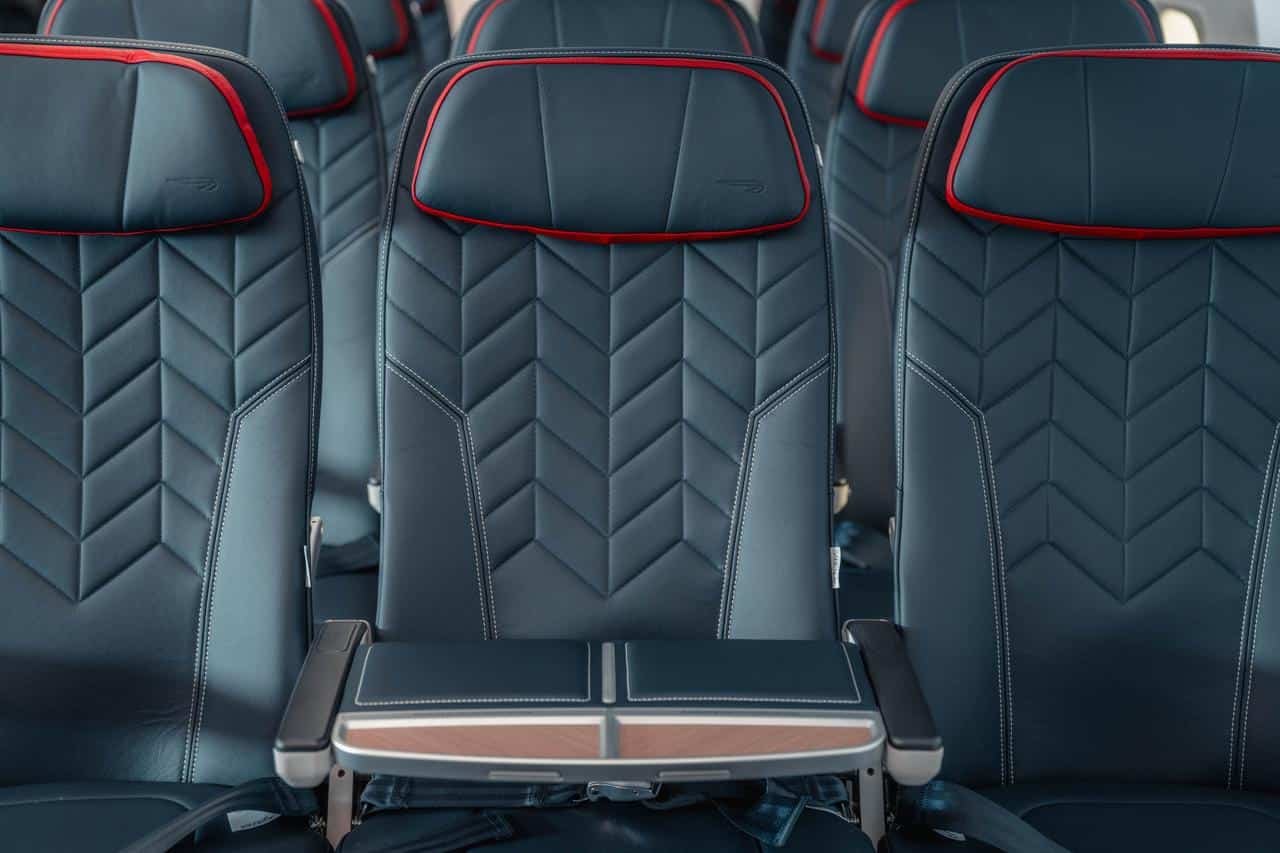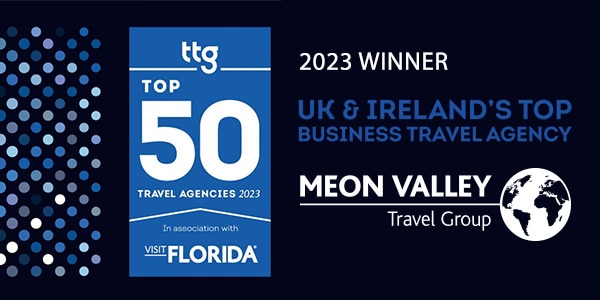
This month we spoke to Charlie Baikie, Head of Commercial at Trainline Partner Solutions about European rail travel.
France has abolished domestic flights in favour of rail. Is it the beginning of a new order?
It’s very positive for rail travel, it forces a whole demographic off the airlines onto rail. The EU is pumping billions of Euros into rail to support initiatives like these so there is the infrastructure and network for these additional travellers. There’s a huge boost in investment to ensure the experience is superior to domestic flying.
Germany is having similar discussions and Italy is investing €26 billion and laying 797km of additional high-speed track – not just to drive down air travel but also to take cars off the road. In Spain, Madrid to Barcelona was the biggest domestic air route, now two-thirds go by rail.
What else is helping this shift towards train travel?
There’s more competition; Trenitalia, for example, is operating the Paris-Lyon route which has brought more services and lower fares, while Spain now has Iryo as well as Renfe.
In Europe, everyone is having to up their game but also remain competitive in price. They’re investing to attract business travellers; they’re not trying to bring back the golden age of rail but to make it a bit less of a utility.
Is European rail generally any cheaper or more superior than the UK?
With what’s happening in Europe with new entrants to markets, average ticket prices are falling, for example, Italy’s have fallen 40% now it has two players, Trenitalia and Italo. There, domestic air traffic has fallen 47% and car journeys are down 10% on key routes. It’s seen as a key way to help business-related sustainability goals.
Is rail really more sustainable?
Yes, even allowing for variances in things like whether trains are electric or diesel-powered. Statistics from various governments start with rail travel being seven times better than air travel, but I’ve seen evidence of air travel being 77 times more CO2 per passenger than rail.
We try to offer options so travellers can make conscious decisions knowing there is a time and cost constraints.
How are corporate self-booking tools evolving to embrace pan-European rail?
We’re working on a number of these. We have a Global API which aggregates all the train content in the UK and Europe. Whenever a GDS, TMC or an online booking tool wants to connect you can do that through a single point. Our API offers productivity gains and fewer touchpoints. Both sales and post-sales can be done online now. That improves the TMC experience because they don’t want agents to spend time on point-to-point bookings.
Is rail comfortable enough?
Trainline did a study comparing productivity of rail passengers versus air and 82% of 1,000 people said time on the train was more productive. There’s less waiting around and less complex security.
Is it easy to travel between countries via train despite Brexit?
Border controls on Eurostar have improved since Brexit. Covid amplified restrictions at borders but it’s much easier now. We have automation in place and it’s much slicker. Within Europe, borders are more fluid and via Trainline’s Global API we can provide journey stitching and cross-border capabilities.
Are there luggage limitations?
Overall, there’s a level of discretion; you’re generally okay in terms of large suitcases. You have to look very closely at the small print to see the limits.
Is WiFi available?
Yes, despite reports it could be under threat in the UK. Although it is widely available via the European rail carriers.
Are sleeper trains an option?
Yes, depending on the carrier and route. If you book the right class, there’s a cabin and it’s more spacious. Plus, it’s generally a city centre to city centre experience rather than arriving at an airport.
What’s the smartest way to book and is this changing?
The more you can do online the better. Digitalisation is key; Europe no longer has paper tickets, the more we can digitise, the better the experience. We are trying to drive the booking process online, everything we do is about improving the retailing, whether it’s content, digital ticketing or cross border capability. It’s easier to book now than ever.
What does the future hold for rail?
I think we’ll see more investment and more competition. Post-Covid, everyone is looking at different ways to travel sustainably.






